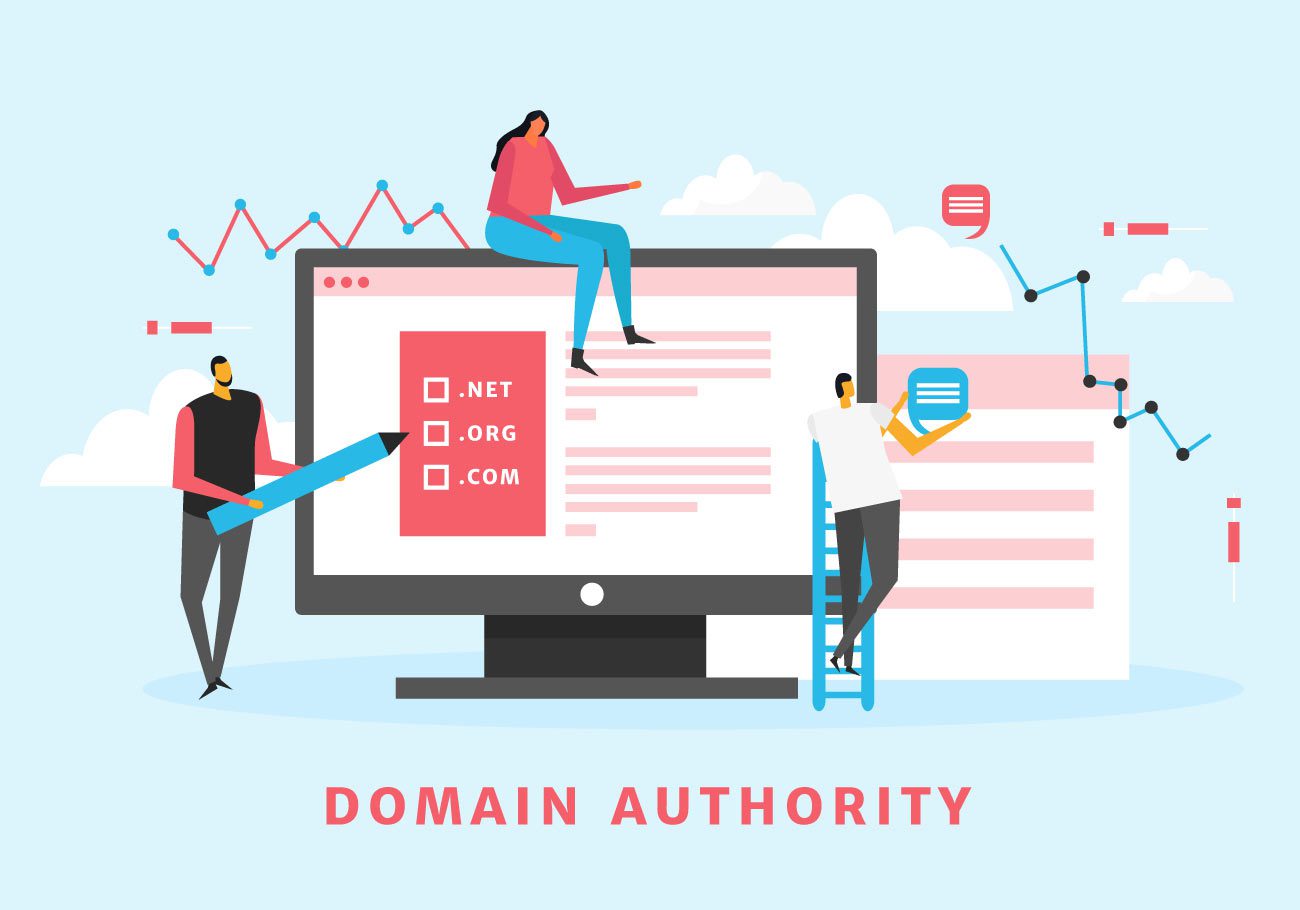Domain authority (DA) is a metric that indicates the strength and credibility of a website. It was developed by Moz, a leading SEO software company, and is widely used in the field of search engine optimization (SEO). A higher domain authority score implies a greater potential to rank well in search engine results.
While Moz has not publicly disclosed the exact algorithm behind domain authority, it is believed to be influenced by various factors, including the number and quality of backlinks pointing to a website, the overall quality and relevance of its content, the website’s age and history, and other SEO-related factors. Here’s a tutorial to help you understand and improve your domain authority:
Create high-quality content:
Focus on creating valuable, informative, and engaging content for your target audience. This will not only attract more visitors but also encourage other websites to link to your content, boosting your domain authority.
Optimize on-page SEO:
Implement proper on-page SEO techniques to optimize your content for search engines. This includes using relevant keywords in your titles, headings, meta tags, and throughout your content. Ensure that your website has a clear site structure and is easily navigable by both users and search engine crawlers.
Build high-quality backlinks:
Backlinks are crucial for domain authority. Aim to acquire backlinks from authoritative and trustworthy websites in your industry. You can achieve this by guest blogging, reaching out to influencers or industry experts for collaborations, creating shareable content, or participating in relevant online communities.
Remove toxic or low-quality backlinks:
Regularly audit your backlink profile to identify and disavow any toxic or low-quality backlinks that may harm your domain authority. Tools like Moz’s Link Explorer or Google Search Console can help you identify and manage your backlinks.
Enhance website performance:
Ensure that your website loads quickly, is mobile-friendly, and provides a seamless user experience. Site speed and usability are important factors that can impact both user engagement and search engine rankings.
Increase social signals:
Build a strong social media presence and encourage social sharing of your content. While social signals may not directly impact domain authority, they can indirectly influence factors such as brand visibility, content exposure, and the likelihood of attracting natural backlinks.
Monitor and analyze your progress:
Regularly track your domain authority using Moz’s Link Explorer or other similar tools. Monitor changes over time and analyze the impact of your SEO efforts. This will help you identify areas for improvement and refine your SEO strategy accordingly.
Remember that improving domain authority is a long-term process, and it takes time to see significant changes. Consistency, quality, and a holistic approach to SEO are key. Additionally, it’s important to note that domain authority is just one of many factors search engines consider when ranking websites, so focusing on overall SEO best practices is crucial for long-term success.
Keep in mind that the specific algorithms and ranking factors used by search engines are constantly evolving. Staying up to date with the latest SEO trends, algorithm changes, and best practices will help you adapt your strategy and maintain a strong online presence.

